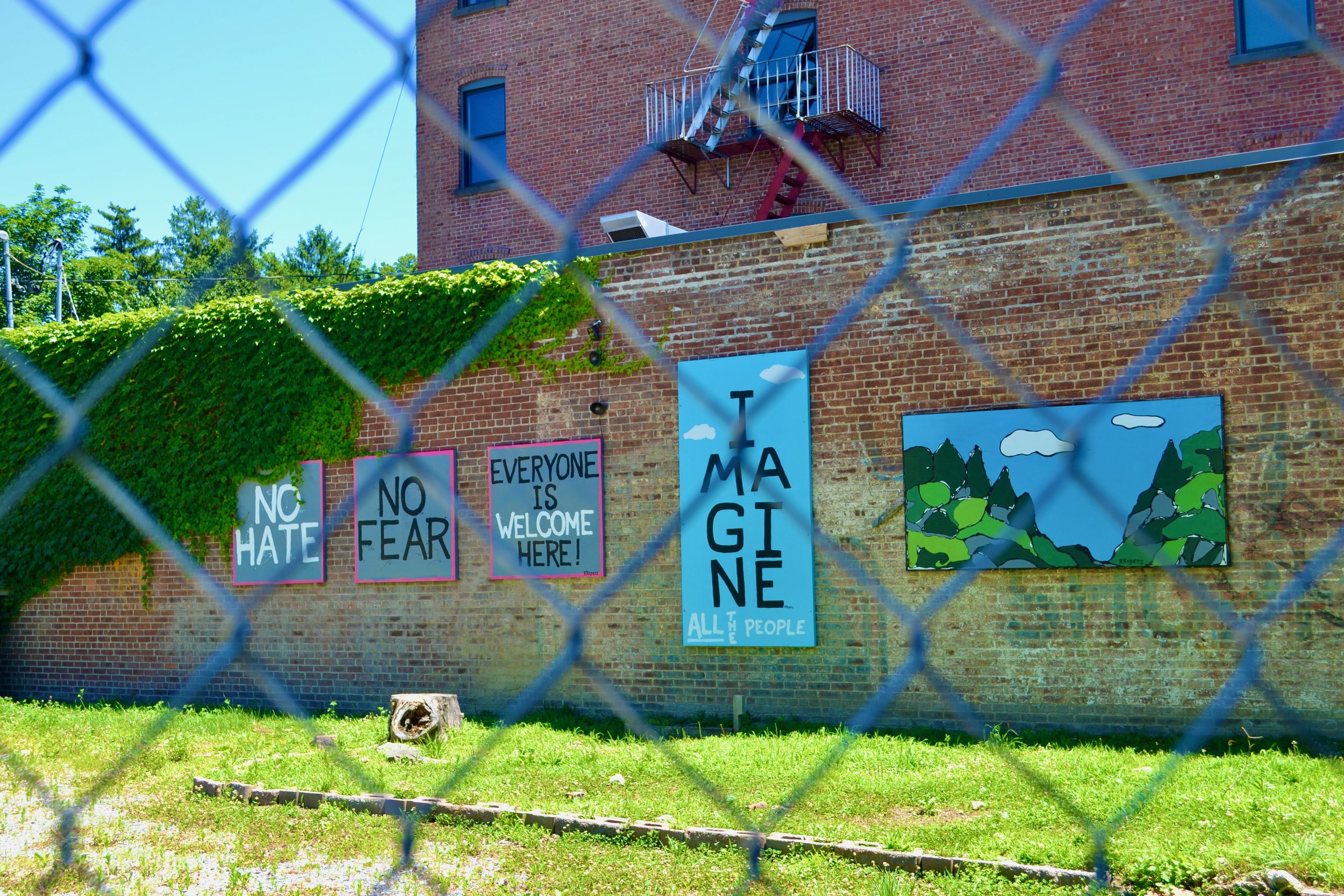
Art by Rick Rogers
Teaching Philosophy
As an educator, I strive to create learning environments that are intellectually rigorous, inclusive, and responsive to the diverse experiences of my students. I’ve taught sociology in both R1 and community college settings, serving as instructor of record for over a dozen courses in a range of formats—including in-person, online synchronous, and asynchronous. Whether I’m teaching “Introduction to Sociology,” “Social Problems,” or “Conformity and Deviance,” I center students’ identities and lived experiences while helping them develop critical thinking, reflection, and analytical skills they can apply well beyond the classroom.
My teaching philosophy has been shaped by my experience as an educator during a time of political polarization, cultural upheaval, and uncertainty in higher education. In this context, I view the classroom as a space for courageous learning and dialogue across difference. I use a multimodal instructional approach—lectures, discussions, activities, and diverse media—to spark engagement and connection. I also co-create discussion norms with students to foster mutual respect and build community. I want students to see sociology not just as a set of concepts, but as a powerful lens for understanding and changing the world. My commitment to pedagogy has been recognized through multiple teaching honors, including being a two-time finalist for UMass Amherst’s Distinguished Teaching Award.
Courses Taught
Syllabi and sample assignments available upon request.
Introduction to Sociology
Students learn how to connect larger social problems with their own personal lives through exploration of basic topics, theories, concepts, and principles of the discipline.
Social Problems
In this course, students use their sociological imagination as a lens for analyzing the structural roots of social problems; the relationship between systems of power and inequality and the social problems of our time; and the link between social problems and the broader political, economic, and cultural context.
Conformity and Deviance
In this class, students consider how conformity and deviance are socially constructed phenomena that are developed both at the marco-level in large institutions and at the micro-level in interactions over time and across place. In doing so, they draw connections between specific forms of deviance and historical contexts, think critically about norms that we take for granted, and reflect on how categories of ‘normal‘ and ‘abnormal‘ are socially constructed.
Social Welfare
This course provides students with a critical introduction to U.S. welfare programs, past and present. Students examine the evolution of the U.S welfare state and how its history informs present-day policies; reflect on how categories of “deserving” and “undeserving,” and definitions of citizenship shape policies; examine how systems of race, class, and gender inequality inform policies; and consider directions for the future.